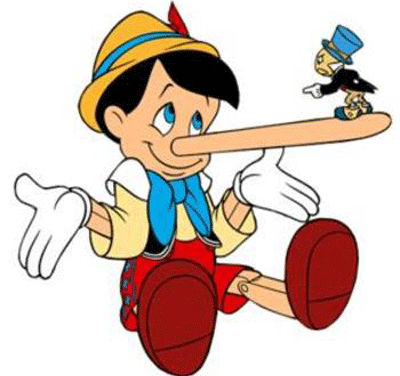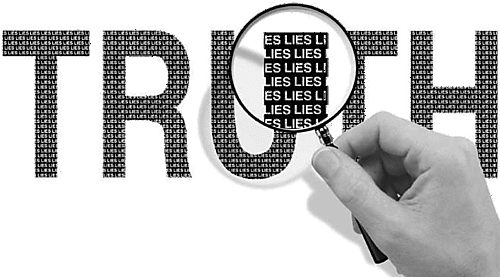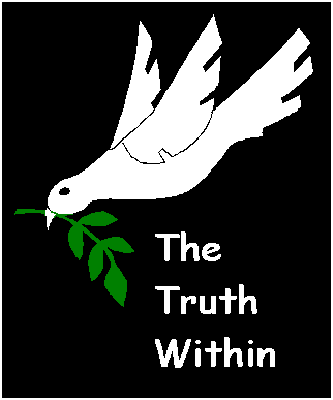
Punya Pujitha Kuruwita is a Buddhist living in Clemson with her husband and daughter. She is from Sri Lanka, where she wrote for an English daily newspaper.
My four-year-old wouldn’t come to me to comb her hair. After calling her several times I told her “Oh, look at that red bird eating berries.” Of course, there was no bird and no berries. She quickly ran to me, keen on looking at the bird. “Where’s the bird ….?” she looked around.
“ Oh, it flew away. It would come back soon if I comb your hair quickly,” I said. She was silent for a moment. After a while she said “Oh, look! There’s a butterfly on that flower.” Again, there was no butterfly and no flower. “What color is the butterfly?” I asked. “It’s red,” she said. I stood in silence, bewildered. She lied to me! In my haste to distract her I taught her to lie. And that is not good.

Being a Buddhist, I am conscious of false speech and its consequences. But most of us do tell lies in everyday life. Sometimes it’s only to get away from an awkward situation, which would mean no harm to anyone. But, there again sometimes lying would really be harmful to someone. We should always stop to think, is it good for our well being as well as that of others?
Buddha says false speech is bad karma. But how many of us spend the day without lying to our children, friends, spouses, co-workers and everyone else? It has become a bad habit we practice each day and our children inherit. We need to do something about it something somewhere goes dead wrong and we are too late to fix it.
“Musavada veramani sikkhapadam samadiyami” (I undertake the precept to abstain from false speech) is fourth of the five precepts that buddha has taught as a moral guideline in everyday life for everyone. This guideline allow one’s self to be blameless of one’s self and allows one to refrain from hurting others by engaging in false speech. Buddha said do not engage in “Musavada,” or lying, which would cultivate misdeeds, misunderstanding and maliciousness that would result in bad consequences during the present and future lives.
Further, Buddha teaches about “right speech,” which is a fundamental component of his teachings, which is glossed in the “eightfold path.” Buddha teaches abstaining from lies (speech deceiving the truth), malicious speech (intended to create rifts among people), harsh speech (intended to hurt someone’s feelings) and useless speech (idle chatter, such as gossiping). And one should wonder how many times a day we engage in doing so. We love to have laughs with sarcasm, exaggeration with pure silliness, which are classic examples of wrong speech.

“For many of us, right speech is the most difficult of the precepts to honor. Yet, practicing right speech is fundamental both to help us become trustworthy individuals and to gain mastery over the mind. So … choose your words and your motives for speaking with care,” says Thannisara Bhikkhu.
At the end of the day, we should stop to think for a moment how much lying we did, and how much gossiping. Wouldn’t it be a wonderful habit to practice — not to lie or gossip and to stop using harsh words? And soon we will automatically teach our selves to engage in wholesome speech in day-to-day life. We can do it if we really try.
Posted by : Punya Pujitha Kuruwita on http://www.independentmail.com




